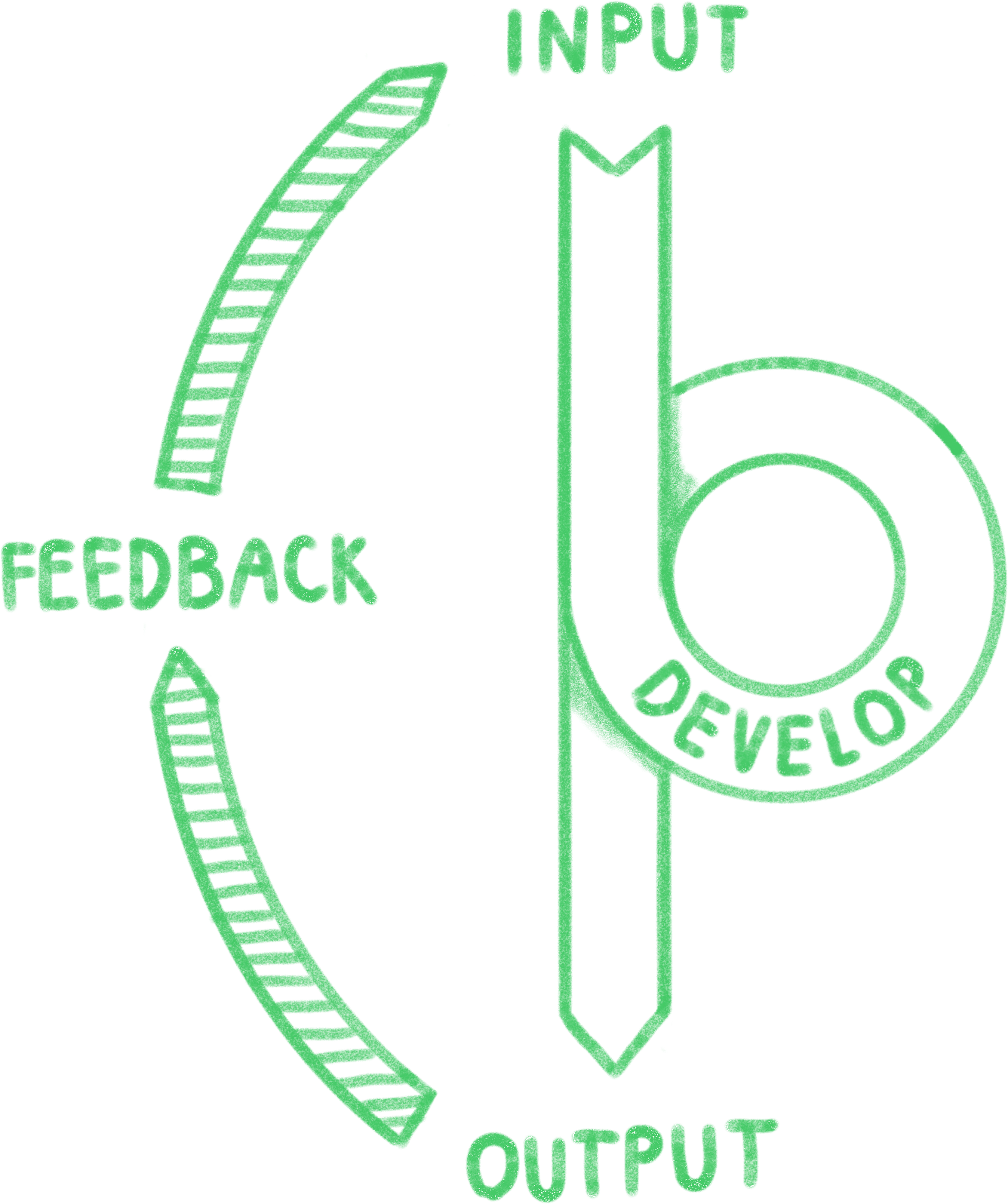Working agile - it's nothing new! True, for some time now agility in project management is a sign of contemporary working techniques and modern communication structures. In software development, too, various mindsets such as Scrum, Kanban or XP have become established in recent decades, based on the agile manifesto, which are intended to make development processes more transparent, more flexible and more efficient.
All concepts are essentially about reducing the planning phase to a minimum in order to achieve running software as early as possible. This results firstly in a lower risk of defective developments and secondly in a greater potential for taking new customer requirements into account. The way of working is iterative and incremental in self-organized teams. That's the theory.
But what really interests me (and probably you as well): What does agility mean for the employees and managers of descript? What mindset do we follow and what does the concrete realization looks like? And most importantly, how does this manifest itself in their daily, personal work? So, I sought the conversation with my new colleagues, diligently wrote down the answers and summarized them in this blog post.
Growing team, growing methods
descript was born 17 years ago as a small three-man company, where everyone knew exactly what the others were working on. To maintain this transparency in a constantly growing team of meanwhile 16 employees, we work in short, one- or two-week development cycles, with regular opportunities to exchange information about the current state of work. We are guided by the rather unknown concept of Shape-Up, a method to break down a complex topic into essential aspects before it's handed over to the development team for independent implementation.

Since all participants are informed about all requirements at the same time and the tasks to be worked on are scoped out together, we avoid coding past each other. In pedagogy, this approach is called analytic-synthetic – we break down the big overall topic into manageable sub-topics to be worked on, in order to put them back together again later on.
More communication, more clarity
Ritualized meetings such as dailies, weekly scoping sessions and sprint reviews reduce our communication intervals among each other so as to ensure less confusion and more focus. The setting for face-to-face discussions is provided by defined structures that control the timing and organization of the process, as well as the corresponding documentation.

Our experience has confirmed that this way of controlling and streamlining helps to make our meetings continuously more effective. Exactly what we want to enable for our customers with our software, namely more focus and simplicity, we also achieve for our team. When everyone knows what needs to be done, it creates a calmer and smoother work process overall.
The proof is in the pudding
We don't want to do just anything that doesn't suit us in the end – that's for sure! Therefore, we keep trying out new methods, see how their implementation runs and then, decide together if they are suitable for our personal way of working and what value results from their application. The advantages of Shape-Up are particularly apparent in the development of our latest product, Mataono, where we work entirely agile.
By breaking down a complex consulting software into its individual sub-applications, we create a workflow that is manageable and motivating for the entire team. At the same time, everyone benefits from a better overview of the development tasks, an easier planning where the result – not the scope – is fixed, and a constant exchange between all participants.
The idea of MataonoWe're growing with our challanges
It is important to us that the entire team can contribute to our ideas. Therefore, all developers, regardless of their professional experience, are involved in the scoping process. Together they define tasks, their personnel distribution, and short-term targets. This results in great liberty of creation and acting for our crew, as well as multiple possibilities to take over responsibility.
This philosophy does not just include the area of software development, but all spheres of descript. I've been on board as a marketing expert for round about a month now and able to transform my thoughts into actions with a great deal of personal responsibility and creativity. In the process, I receive exactly the support and feedback I need to keep growing.

Read more about my application experiences at descript and the specifics of our recruiting process for developers in our next blog post!
